

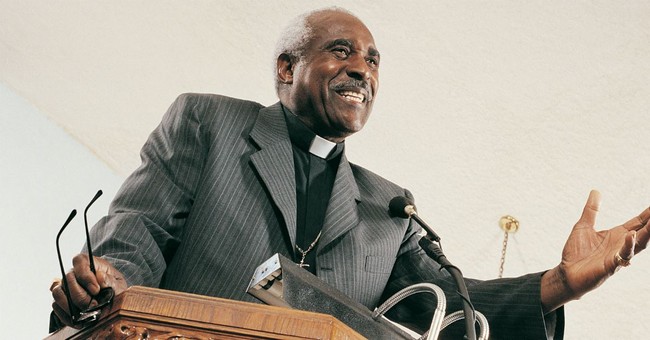
The ongoing drug problem in Fiji has reached critical levels, prompting Reverend Simione Tugi to rally pastors to use their pulpits as a platform for addressing the issue. With the support of Drug Free World (Fiji), the Fiji Council of Churches is working towards educating communities about the dangers of drug use. Rev Tugi emphasizes the crucial role that religious leaders must play in combating the darkness brought by hard drugs and encourages them to speak out against drug usage during their sermons.
Drug Use in Fiji: A Critical Issue Addressed by Religious Leaders
Background
Fiji, an archipelago nation in the South Pacific, has been grappling with a severe drug problem in recent years. The use of hard drugs, including methamphetamine, has reached alarming levels, posing a significant threat to the nation's well-being.
Concerned about the escalating crisis, Reverend Simione Tugi, the General Secretary of the Fiji Council of Churches, has taken the initiative to mobilize religious leaders to address the issue. With the backing of Drug Free World (Fiji), a non-profit organization dedicated to drug prevention, the Council of Churches has launched a campaign to educate communities about the dangers of drug use.
Religious Leaders' Role
Rev Tugi believes that religious leaders have a pivotal role to play in combating drug addiction. He emphasizes that it is their duty to speak out against drug use during their sermons and to use their pulpits as platforms for informing and educating their congregations.
By harnessing the power of faith and the influence of religion, religious leaders aim to create a culture of zero tolerance for drug use and to provide support to those struggling with addiction.
Past Events
The drug problem in Fiji has been a long-standing issue, with various efforts made in the past to address it. In 2019, the government launched a nationwide drug awareness campaign, distributing educational materials and conducting community outreach programs.
Despite these efforts, the problem has persisted, highlighting the need for a sustained and collaborative approach involving all sectors of society.
Top 5 FAQs and Answers
1. What are the main drugs of concern in Fiji? Answer: Methamphetamine, also known as "ice," is the primary drug of concern, along with other illicit substances such as marijuana and cocaine.
2. Why has drug use become so prevalent in Fiji? Answer: Factors contributing to drug use include poverty, unemployment, social inequality, and a lack of access to education and support services.
3. What is the role of religious leaders in addressing the drug problem? Answer: Religious leaders can use their platforms to educate communities, promote drug prevention, and provide spiritual support to those affected by addiction.
4. What is Drug Free World (Fiji)? Answer: Drug Free World (Fiji) is a non-profit organization that provides drug education materials and support to schools, communities, and religious organizations in Fiji.
5. What are the long-term goals of the campaign led by the Fiji Council of Churches? Answer: The campaign aims to create a drug-free nation by raising awareness, reducing drug demand, and providing support for recovery and rehabilitation.
Conclusion
The drug problem in Fiji remains a pressing issue that requires urgent and concerted action. Religious leaders are playing a vital role in combating this crisis by educating communities, speaking out against drug use, and providing spiritual guidance to those affected. Through collaboration with organizations like Drug Free World (Fiji), they are working towards building a healthier and drug-free nation.

A Pakistani man, whose two children suffer from a congenital heart condition, has appealed to the Indian and Pakistani governments for permission to complete their medical treatment in India. This comes after the recent cancellation of SAARC visa privileges following the Pahalgam terror attack. As tensions rise between the two nations, the father is pleading for his children's lives as their treatment is only possible in India. Meanwhile, tensions remain high as over 100 Indian nationals in Pakistan returned to India on Thursday, while more followed on Friday.
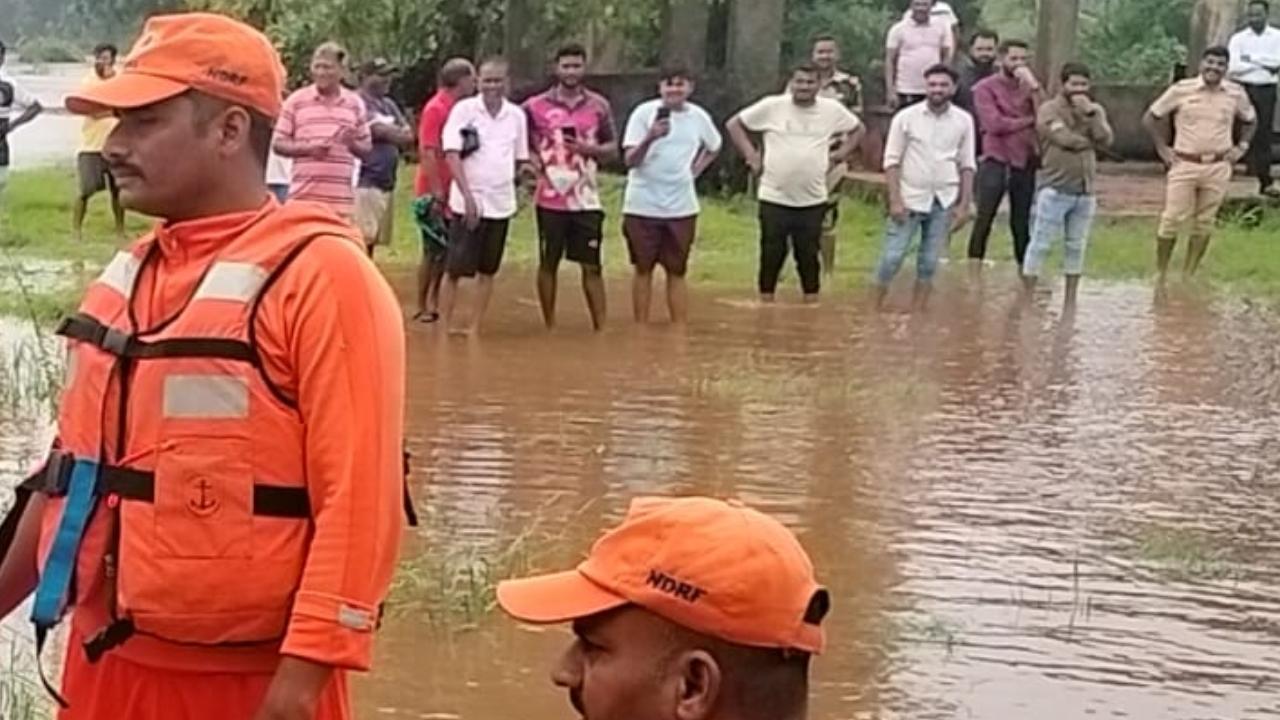
The Palghar district of Maharashtra, known for its vulnerability to natural calamities, has taken a step towards better disaster management by equipping 259 gram panchayats with specialized Disaster Response Kits. These kits, containing essential rescue and safety equipment, will ensure that villages are able to respond quickly and effectively during emergencies. In addition, the district plans to recruit 500 trained disaster response volunteers, called "Apda Mitras", to assist during disasters. With natural disasters becoming more frequent and severe, this proactive step by Palghar district is a crucial move towards strengthening disaster preparedness at the grassroots level.
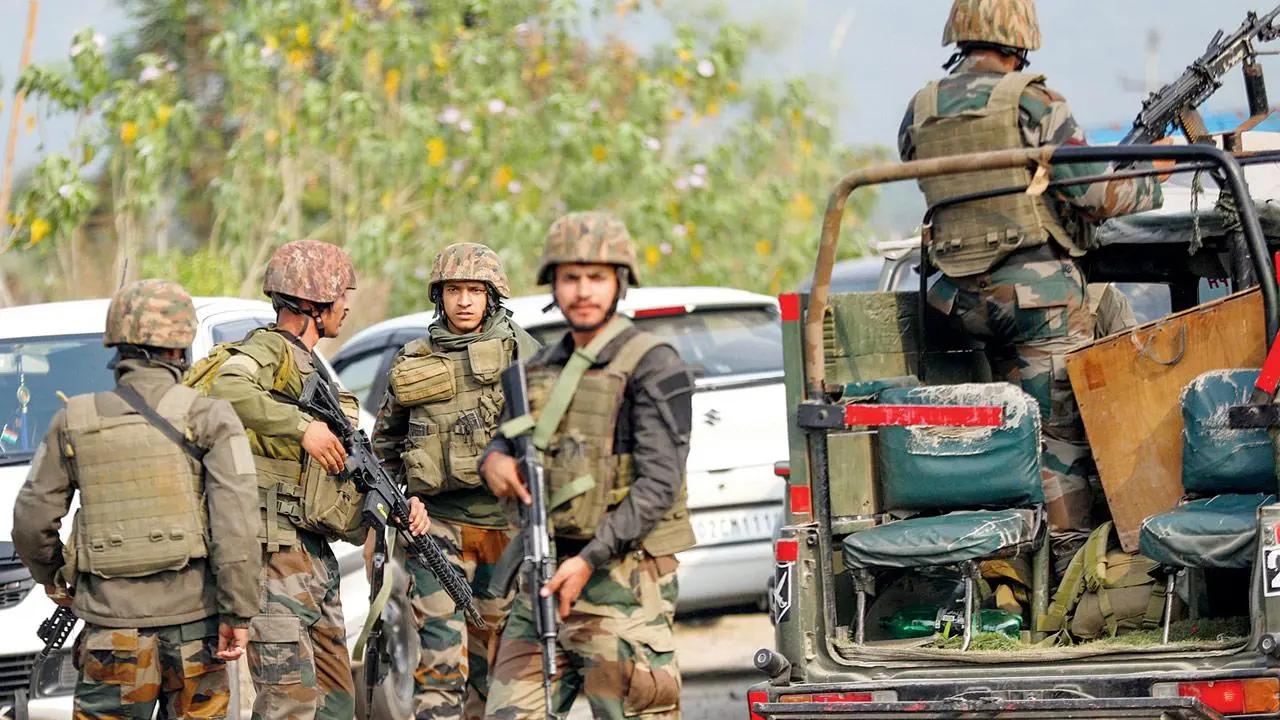
Indian security forces successfully eliminated top Lashkar-e-Taiba commander Altaf Lalli during an encounter in Bandipora, Jammu and Kashmir on Friday. The encounter occurred amidst a joint search operation launched by the Indian Army and Jammu and Kashmir Police to track down those responsible for the Pahalgam terror attack on April 22. Army Chief General Upendra Dwivedi has arrived in Jammu and Kashmir to conduct a comprehensive security review and track the progress of the operation.
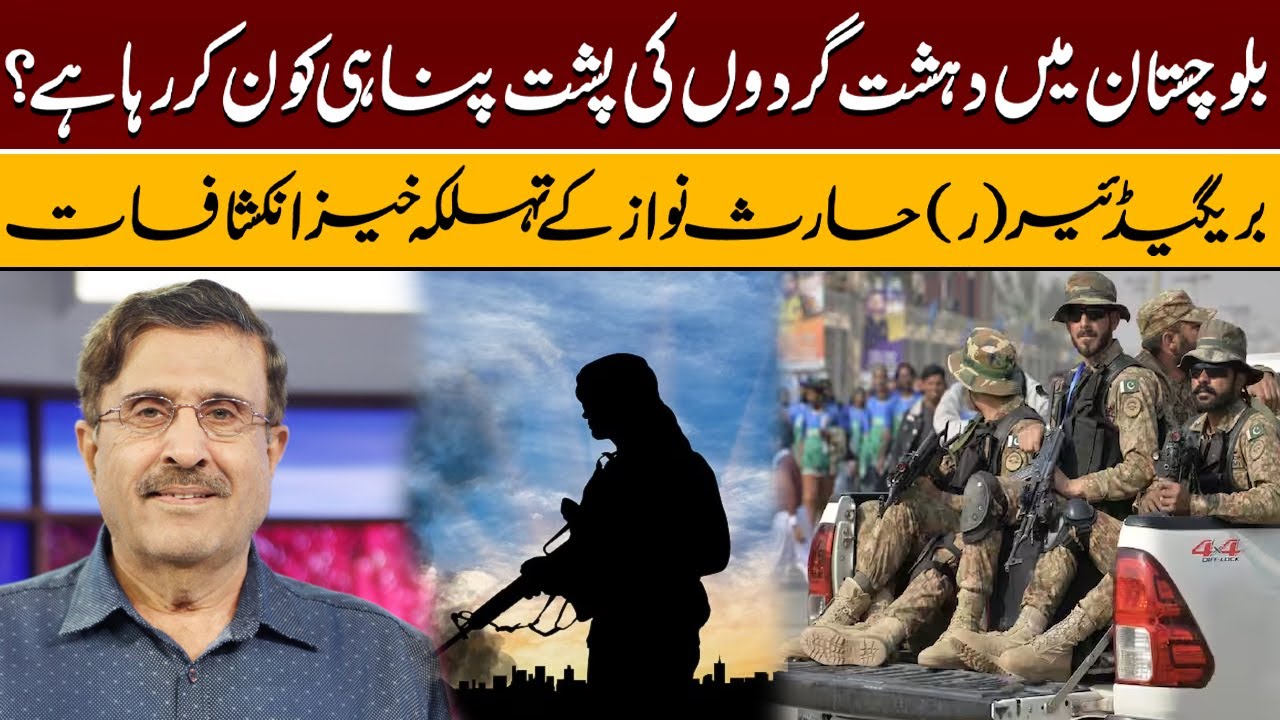
In a statement that has sent shockwaves through the international community, Pakistan's Defense Minister Khawaja Asif has admitted on an interview with Sky News journalist Yalda Hakim that his country has been aiding terrorist organizations for the past three decades. This confession serves as a vindication of India's longstanding claims about Pakistan's involvement in terrorism, particularly in the recent Pahalgam terror attacks where 26 people were killed. Asif also made contradictory claims, denying knowledge of the presence of Lashkar-e-Taiba's offshoot, The Resistance Front, while proclaiming that Lashkar "does not exist" anymore.

Israeli Prime Minister Benjamin Netanyahu reportedly ordered a covert operation by Mossad, codenamed Operation Zeppelin, to shield Indian billionaire Gautam Adani from a negative campaign linked to the Hindenburg Research report. The operation involved two elite units and spanned several countries, targeting individuals allegedly behind the campaign, including American and British hedge fund managers, investigative journalists, and political operatives possibly tied to the Biden administration and billionaire George Soros. Among the shocking claims in the report, Mossad is said to have surveilled prominent Indian opposition leaders and tracked Congress leader Rahul Gandhi, with evidence allegedly found of coordination between opposition figures and the Hindenburg team.
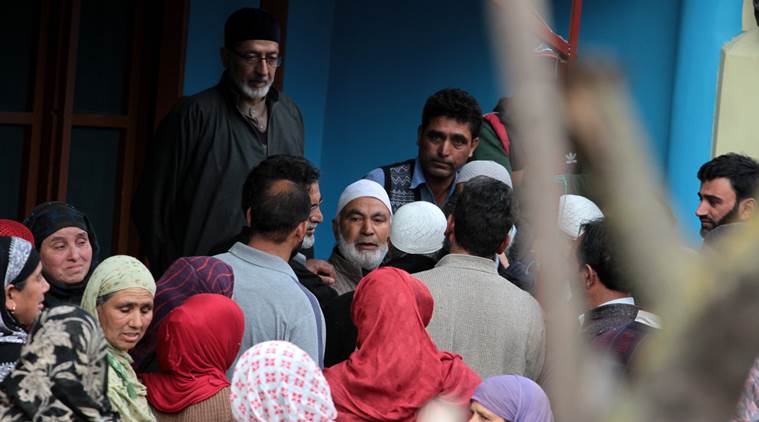
Debasish Bhattacharya, a professor at Assam University, was on a family trip to Kashmir when terrorists attacked Pahalgam. Bhattacharya, who grew up in a Muslim neighbourhood, was able to save his family's lives by reciting the Kalma, a declaration of faith in Allah. The terrorists asked him if he was reciting the Kalma or calling upon Lord Ram, but Bhattacharya's knowledge of the verses helped keep them at bay.

On April 25, the world will come together to observe World Malaria Day, which was established by the World Health Organization to raise awareness about the deadly disease and the need for continued investment and commitment. This year's theme, "Malaria Ends With Us: Reinvest, Reimagine, Reignite," highlights the importance of collective action and innovation in eliminating malaria. The campaign, led by the WHO and global partners, aims to accelerate progress towards a malaria-free world through a range of initiatives at all levels.
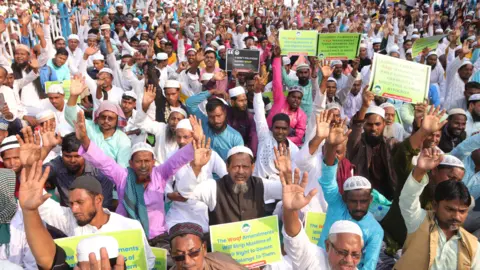
Bangladeshi far-right group Khelafat Majlish plans to stage a mass march to the Indian Embassy in Dhaka to protest against the recently passed Waqf (Amendment) Act by the Indian Parliament. The outfit's leader, Maulana Mamunul Haque, claims that the Act aims to illegally acquire Muslim-owned lands for the construction of religious structures by giving them legal backing. This move has sparked outrage among Muslims in India, who see it as an interference in their religious rights. Meanwhile, the Indian government has condemned the recent spate of violent attacks on minority communities in Bangladesh, with the Ministry of External Affairs describing it as part of a disturbing pattern of persecution under the country's interim administration.
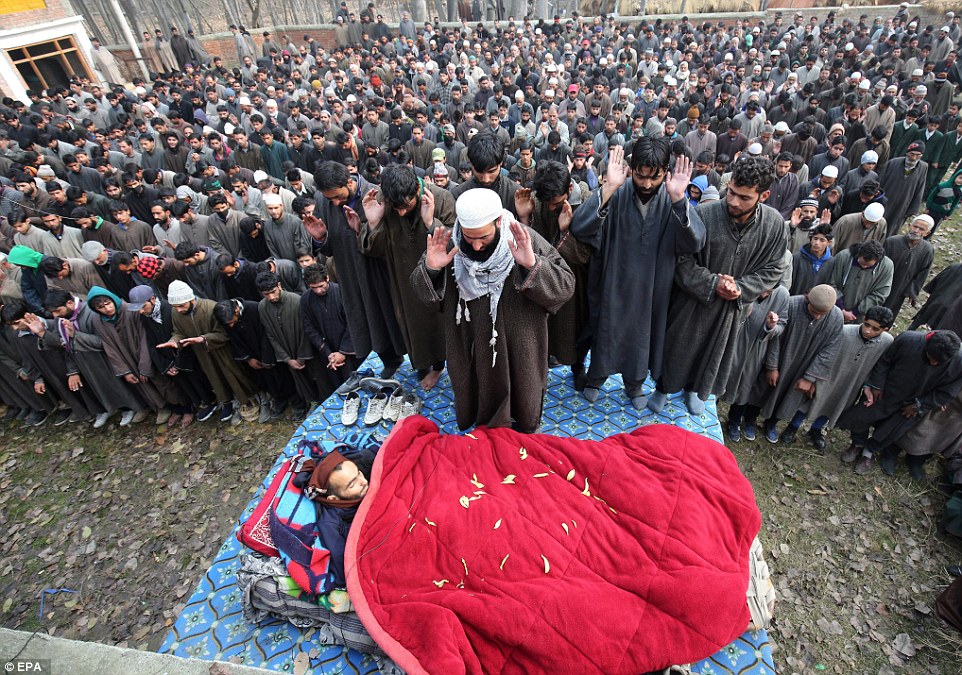
In the midst of the peak tourist season, a young pony ride operator became a hero when he tried to save the life of a tourist during a terrorist attack at Pahalgam's Baisaran meadow in Kashmir. Syed Adil Hussain Shah, a local Kashmiri Muslim, was shot dead while attempting to shield the tourist and even trying to snatch the attackers' guns. The heartbroken father of Shah demands justice for those responsible, while the Jammu and Kashmir Chief Minister Omar Abdullah praised his bravery and promised to support the family. This shocking and tragic story highlights the ongoing violence and turmoil in the region.
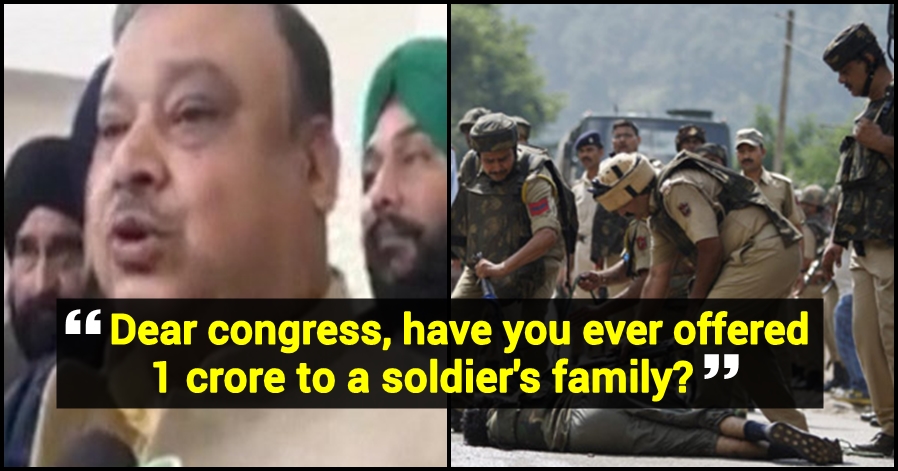
The peaceful Easter vacation turned into a nightmare for Sushil Nathaniel's family when terrorists targeted tourists in Pahalgam. The assailants asked the Christian LIC manager to recite the Kalma, and when he refused, they shot him dead. His daughter, who tried to save her father, was also shot in the leg. The family demands strict punishment for the attacker to set an example for the world.